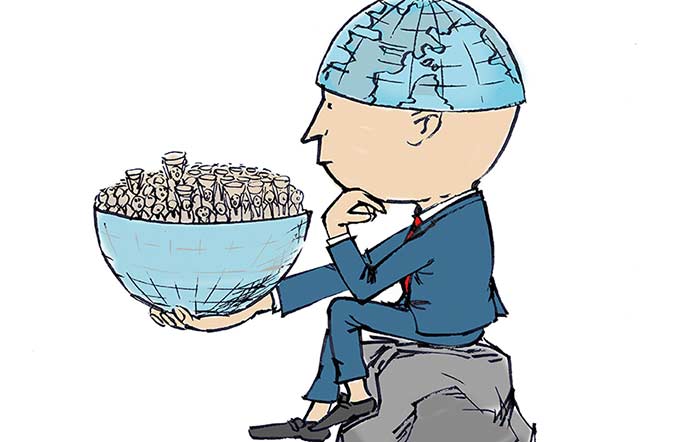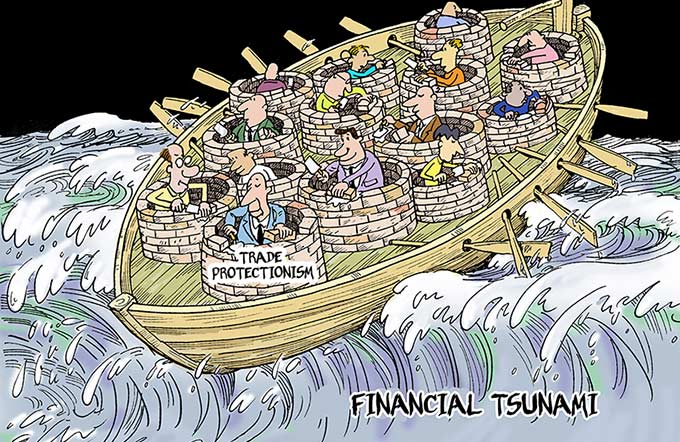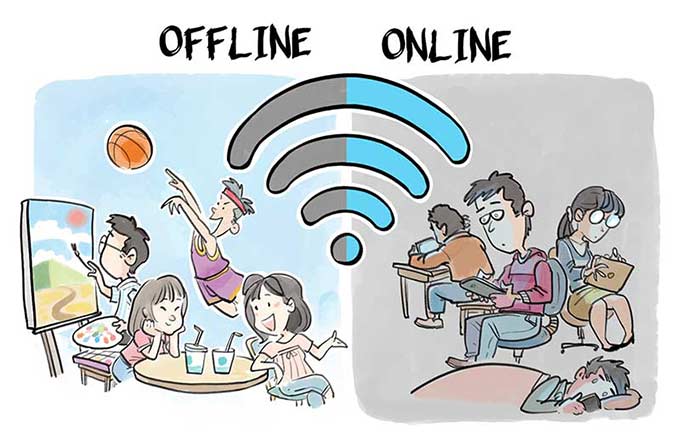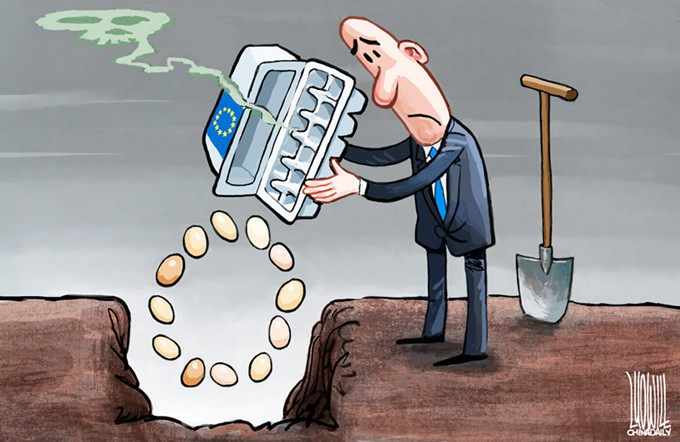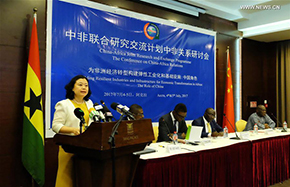Korean Peninsula deal can help reconciliate
The widening power gap between Seoul and Pyongyang, Park's flexible diplomacy and the DPRK's continued isolation from the international community have significantly diminished their mutual trust.
As a relatively weak player in regional affairs, Pyongyang is concerned about its political legitimacy should the reunification come about. That explains why it has been avoiding contact with Seoul. If DPRK leader Kim Jong-un still refuses to communicate with his ROK counterpart, the inter-governmental dialogue is unlikely to take place as agreed.
But if Park can set aside her grand reunification plan and start making more concrete efforts to improve mutual trust during the rest of her tenure, it is likely that Kim will return the favor.
So, the Tuesday agreement between Pyongyang and Seoul should be seen as the start of a comprehensive reconciliation, because both sides have shown their willingness to improve bilateral ties and, by default, the regional and global situations.
In a rare gesture that signaled "peaceful coexistence, the DPRK's KCNA news agency referred to the ROK by its official name, "the Republic of Korea", while the ROK reiterated its stance on crisis management. This suggests the two sides can avoid such crises in the future if they jointly formulate and follow a code of conduct for bilateral interactions.
The author is an associate professor at the National Institute of International Strategy, Chinese Academy of Social Sciences.
(China Daily 08/29/2015 page5)
- Korean Peninsula needs more talks, not tension
- China, US pay attention to Korean Peninsula
- China-ROK amity spirit suits Peninsula
- Region needs to work for Peninsula stability
- China urges resumption of Korean peninsula denuclearization talks
- China calls for denuclearization, stability of Korean Peninsula
- China: Cool it on Korean Peninsula






